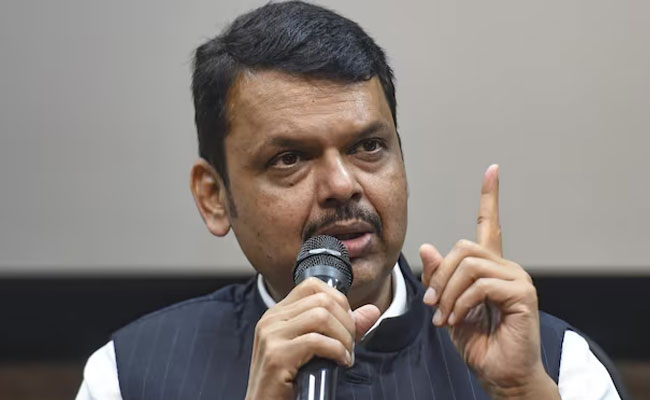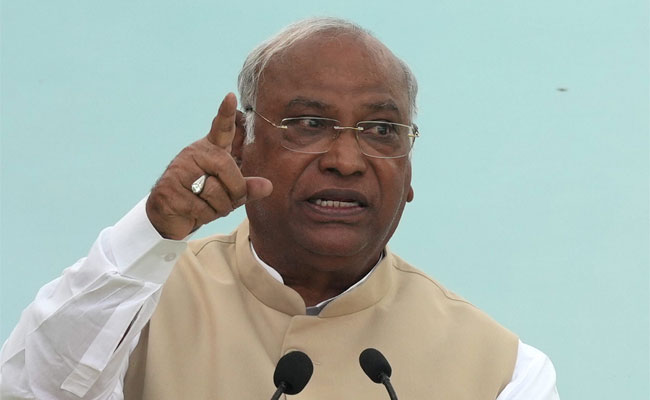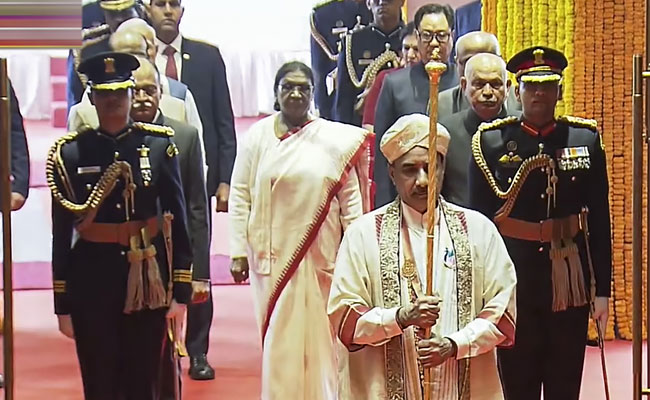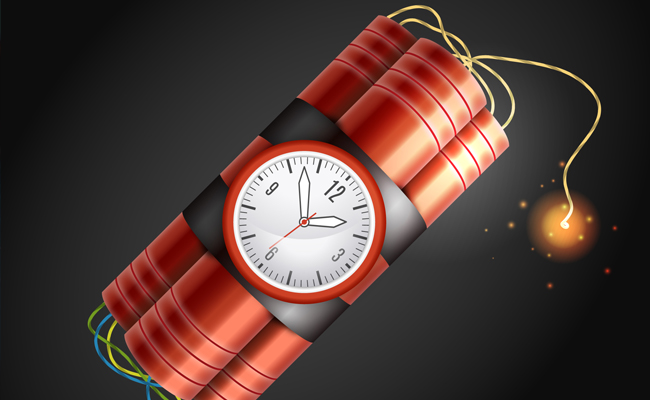Legislature, executive and judiciary are three significant pillars of constitution. For democracy to work well, there has to be good coordination between all the three pillars. They have to balance and co-exist, along with complementing each other. This is the most important requirement. But in the recent times, one rarely sees any well-coordinated effort between them. This has led to unrest among judiciary as well. Thousands of jobs in lower courts are lying vacant across the country. This has led to delay in cases being concluded.
Supreme Court has been insisting that they be filled at the earliest but to no avail. Last week Supreme Court even expressed its displeasure over the vacancies not being filled up. This is not a good development. Many posts of judges in lower courts have not been filled up. Staff recruitments are also being delayed. Considering the increase in population, courts need to add more space to their infrastructure for quick disposal of cases. Courts need judges’ quarters to be built sooner than later. The Supreme Court and High Court have fixed a time frame for this work to be completed. SC has expressed extreme displeasure over the functioning of Delhi, Uttar Pradesh, West Bengal, Assam, Manipur, Meghalaya pertaining to this work.
Karnataka’s time will come on December 5. Kerala, Gujarat, Himachal Pradesh, Jharkhand states are also in the same boat. Across the lower courts, there are about 2,20,836 jobs in the country. About 5,133 posts are vacant till now. Supreme Court has drawn the attention of states regarding this sometime ago and directed them to submit a report on the work done so far regarding the matter. But nothing has worked.
Judiciary is not getting as much support and facilities as the other two pillars – Legislature and Executive – get. Supreme Court has been often begging the central government to fill the vacancies at the earliest. Few months ago, justice T S Thakore had shed tears before PM Modi at an event that was organized to inaugurate the conference of chief justices of High Court, along with CMs from the states. The population of the country has increased manifold. Undecided cases growing in numbers with every passing day. Since the post of justices are lying vacant, cases cannot be concluded. And this delay should not happen since this also causes delay in imparting justice to the aggrieved.
Judiciary seeks increase in the number of justices from 21,000 to 40,000. But the government, especially executive, isn’t responsing favourably is the main grouse. This has led to thousands of undertrials languishing in jails across the country. Their futures are dark now. When justice Thakore wept over this issue before the PM, Modi had assured resolution of the issue sooner than later. But nothing has moved from then to now.
Earlier, there were ten judges to every ten lakh people. Indian Law Commission had recommended that this ratio be increased to 50. Supreme Court had given concurrence over this matter and Parliamentary committee to had said yes to this. But none of this worked to meet a logical end. Now, every ten lakh people have only 15 judges to sort out their cases. By 1987, the required number was 40 judges per ten lakh. Now the population has grown manifold. Lower courts have 2.84 cases pending. Supreme and High Court put together this number comes up to 3.5 cr in all. Majority of the cases are awaiting hearing since the last five years. Thousands and lakhs of undertrials are waiting for the next date of their hearing. At times like this, the paralysed working style of executive is condemnable. Democracy cannot be upheld by ignoring judiciary. Hence the central government has to immediately attend to this issue as soon as possible.
Though the matter as grave that the Chief Justice of Supreme Court shed tears before the PM, nothing has worked. What does that mean? The centre is callous about the judiciary. If this continues, this will cast its shadow on the entire nation and systems that work within. Human rights would be violated because undertrials have to languish in the jail owing to no hearing of their case. The government needs to wake up sooner than later over this and fill up the posts of Judges in the courts, including high court. If this can be attended to, the future crises regarding this can be averted.
Let the Truth be known. If you read VB and like VB, please be a VB Supporter and Help us deliver the Truth to one and all.
Mumbai (PTI): Maharashtra Chief Minister Devendra Fadnavis on Wednesday described Deputy CM Ajit Pawar’s tragic death in a plane crash as unbelievable, and said he had lost a good friend.
Fadnavis said “today” (January 28) will be a government holiday and there will be a three-day state mourning as a mark of respect to Pawar.
Ajit Pawar’s death has left a void that will never be filled, he said. “After working closely together, it is unbelievable that he is no more,” Fadnavis said.
Talking to reporters, Fadnavis described Pawar as a people’s leader who knew the state well and had a deep understanding of the issues in Maharashtra. He said it takes several years to build and establish such leadership.
Fadnavis said he had apprised Prime Minister Narendra Modi and Union Home Minister Amit Shah about the tragedy. The CM said he had also spoken with Ajit Pawar’s cousin Supriya Sule and his son Parth Pawar.
“Both (Deputy CM) Eknath Shinde and I are leaving for Baramati now. Once their entire family gathers in Baramati, we will share further details,” he said.
The entire state stands by Pawar’s family and his party NCP in this hour of grief, he added.
Ajit Pawar, 66, and four other persons were killed after an aircraft carrying them crashed in Maharashtra’s Pune district on Wednesday morning, officials said. The incident occurred when the plane carrying Pawar and others landed near Baramati, they said.
Several state BJP leaders, including Ashish Shelar, Ravindra Chavan and Chandrashekhar Bawankule, expressed deep grief over Pawar’s passing.
“This heart-wrenching incident has left the mind numb. Maharashtra has lost an experienced, dutiful and resolute leader,” state minister Shelar said.
Pawar left a distinct imprint on the state’s politics through his strong grip over administration, decisiveness and relentless drive for Maharashtra’s all-round progress. “Firmness, discipline, punctuality and tireless dedication were defining aspects of his personality,” he said.
BJP state president Ravindra Chavan said Maharashtra’s politics was unimaginable without Pawar. He said Pawar was known as a dynamic leader with a powerful command over administration and an unwavering focus on the state’s comprehensive development.
He said Pawar held the record for serving the longest tenure as deputy CM in the state’s history and left an indelible mark while handling key portfolios such as irrigation, energy and finance. “With his passing, Maharashtra has lost a firm, disciplined, punctual and indefatigable leader. This void can never be filled,” Chavan said.
Revenue Minister Chandrashekhar Bawankule described Pawar as a senior friend and guide. “Even now, it is difficult to accept that this tragedy has really happened,” he said. Pawar would be remembered as a true people’s leader who gave clear direction and unstoppable momentum to Maharashtra’s all-round development, Bawankule said.
Recalling Pawar’s immense administrative experience, Bawankule said he had personally sought the NCP leader’s advice on several occasions.
“The loss of Ajitdada is not merely the departure of one leader; it is a profound loss for Maharashtra itself. The nation has lost a visionary statesman, and I have lost a dear elder friend and guide,” Bawankule said, adding that the reality of Pawar no longer being among them felt impossible to accept.
VIDEO | Maharashtra CM Devendra Fadnavis expresses grief over the demise of Deputy CM Ajit Pawar in an aircraft crash. He says, “This morning, a very tragic incident occurred. In extremely unforeseen circumstances, the news of the unfortunate demise of our state’s deputy chief… pic.twitter.com/sKIKJ5FvRW
— Press Trust of India (@PTI_News) January 28, 2026





